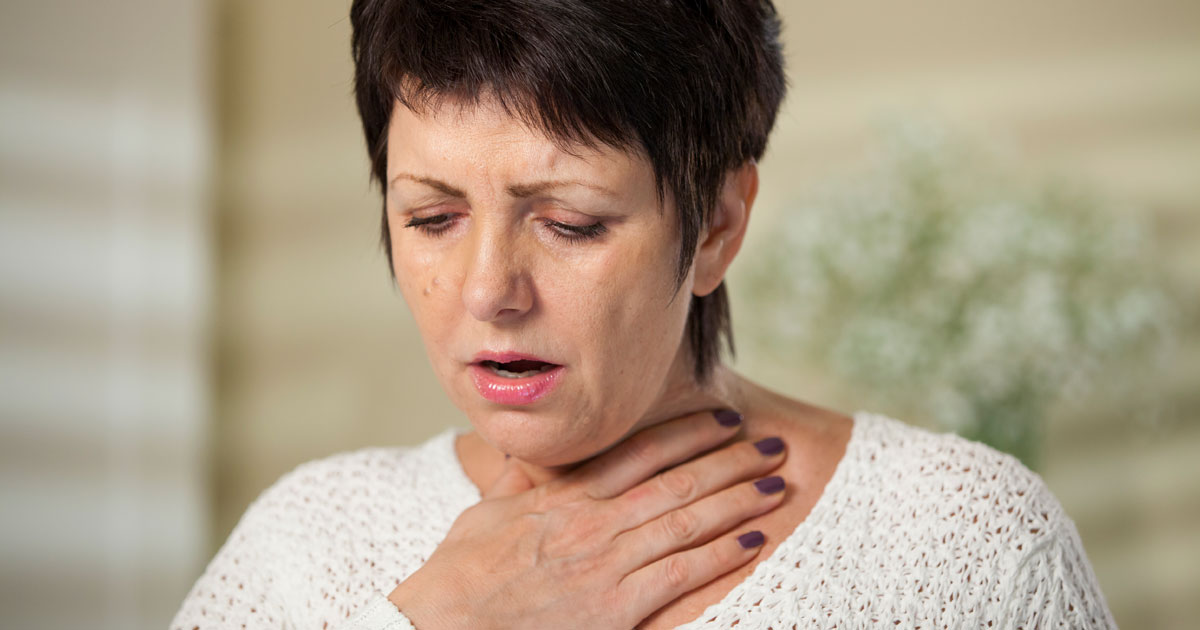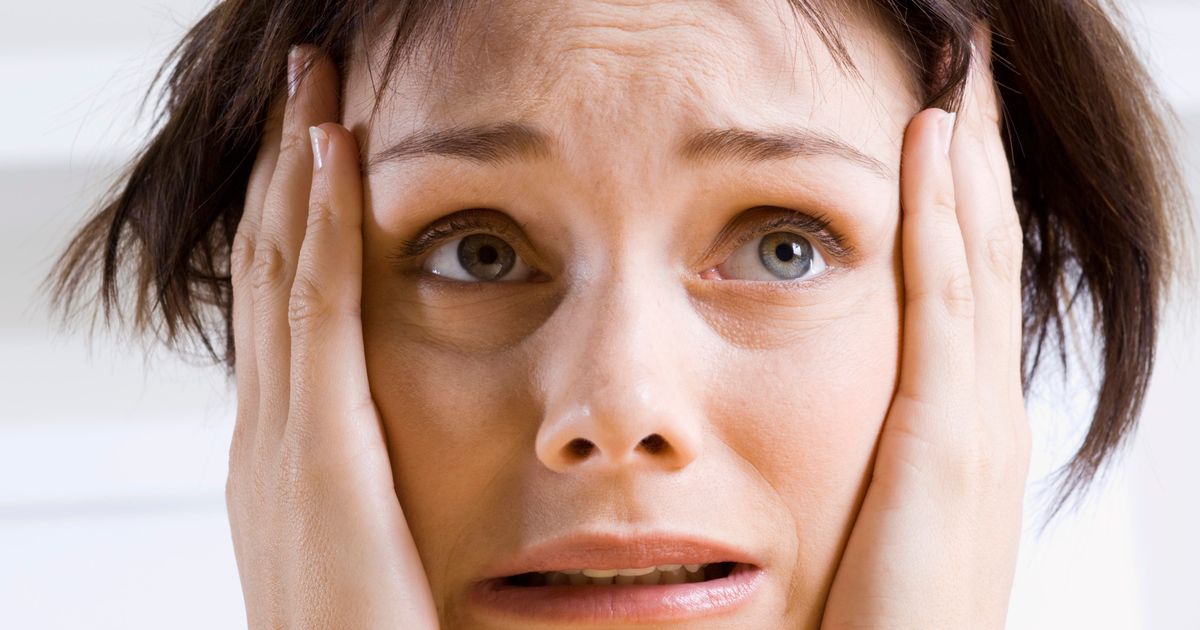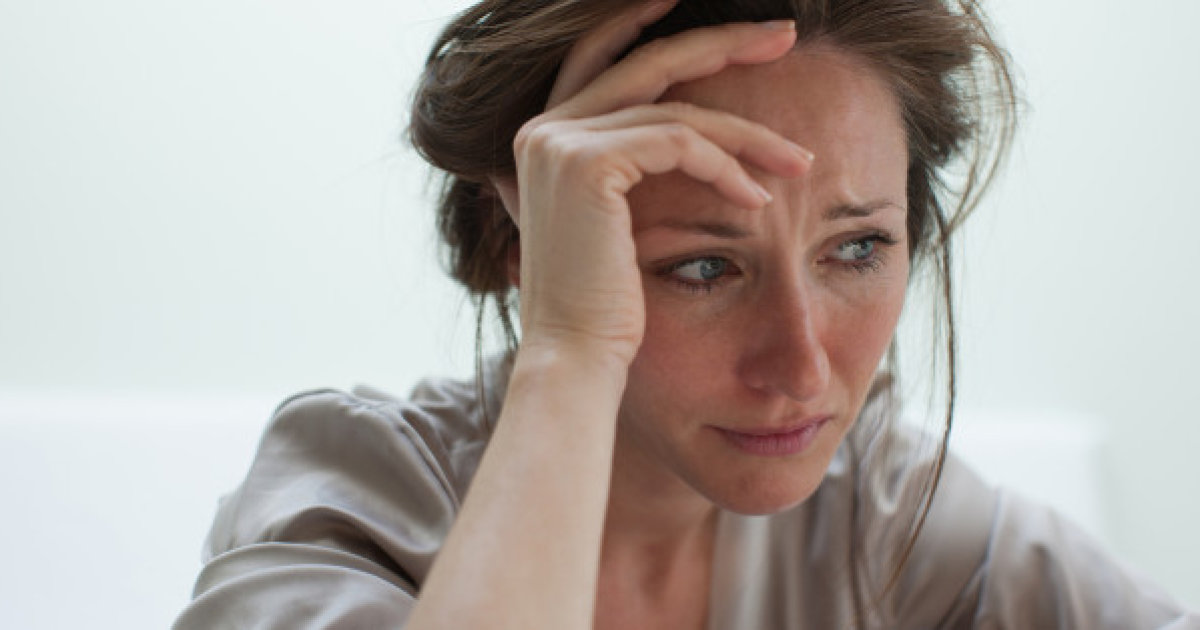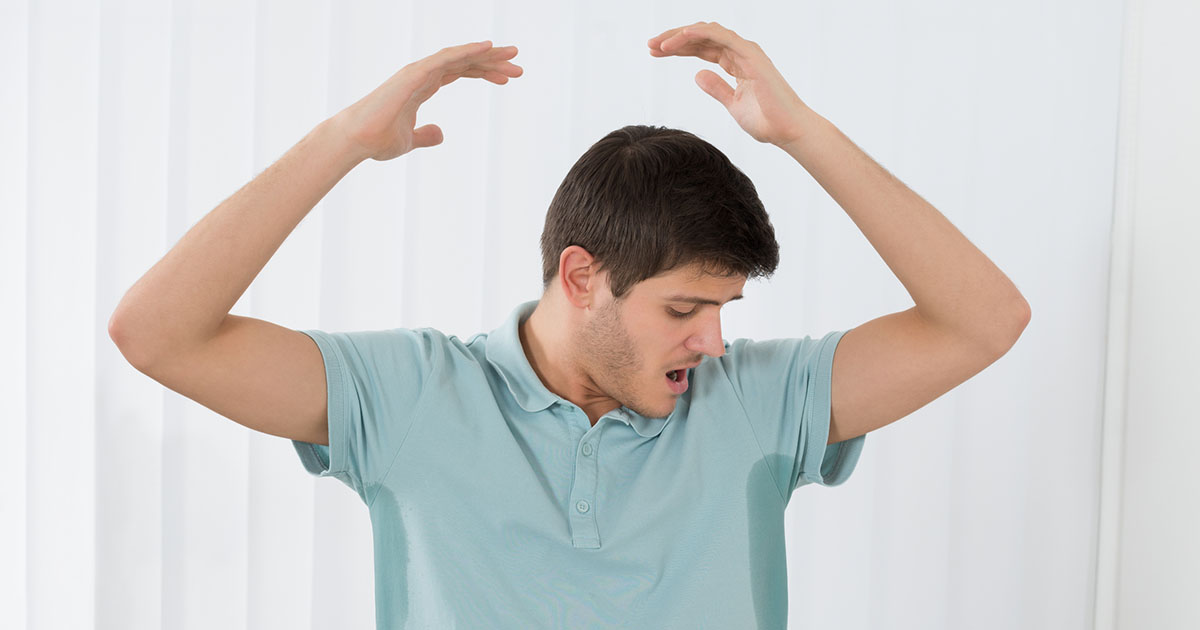Signs Of A Phobia
Everyone feels nervous. Oftentimes, someone will experience an episode of anxiety. However, while some of the fear that exists to promote these nervous or anxious feelings may be considered irrational, they are generally quite explainable. For example, someone might be nervous or anxious about giving a speech. The unconscious reasoning for that fear may be due to a worry that they might mess up while speaking and face ridicule or embarrassment by their peers. While that result may not occur, it is still a rational fear to be had.
This is where phobias and nerves or anxiety differ. Phobias revolve around irrational fears of an object or something. There are numerous phobias out there, but it can be difficult to differentiate the symptoms of a response to a phobia than that of nerves. To help, here are symptoms regularly attributed to phobias.
Difficulty Breathing

Considering phobias cause a person to experience many of the same symptoms as a panic attack, many individuals will realize that those symptoms are incredibly similar when responding to a trigger for that phobia. In this regard, difficulty breathing is a common symptom those that are in the grips of an episode of fear from their phobia experiences. Their heart rate is usually quite escalated, and as a result, their lungs have to work overtime to deal with all of the excess blood and adrenaline rushing through their body. They may find it difficult to keep up with the body's demands, and as a result, the person in question feels as though they cannot breathe. For those who have a phobia of strangulation or just not being able to breathe in general, this could exacerbate the issue and cause difficulty for the person to calm down from the episode.
Next, discover another common phobia sign that an individual can experience.
Rapid Heartbeat

When fear sparks in the brain, the 'fight or flight' response is activated. Adrenaline fills the body, muscles contract, and the entire system is poised to either fight the source of the fear or to run from it. This is a survival instinct shared among most animals. The body requires a great deal of energy to burn for this response, and as a result, the heart is working a great deal to keep the body poised to fight or retreat. In fact, a rapid heartbeat is often the first sign of a phobia. If a person examines something that causes them great fear, their heart starts to pound in response to it, and that survival instinct is switched on. Because of how the mind works, when it detects a rapid heartbeat and the response of the body, in turn, you can become very aware of the condition of your body. This may only further increase the rate of your heart and cause the problem to worsen. So, if you ever look at or experience something and your heart suddenly starts to increase its pulse, you may be experiencing an episode from a phobia.
Continue reading to learn how fear can affect your everyday life.
Fear Limiting Daily Life

One of the biggest indications that you're suffering from a phobia and not just an episode of nerves or anxiety is that it starts to impact your daily life. Agoraphobia, for example, has to do with a fear of certain places. It may cause a person to never to leave their home because it is at home where they feel the safest. The phobia may have come about due to a panic attack that they received while in that location. Due to the mind's powerful impact on the psychophysical reactions that you have, a connection is made between that place--and places like it--and so the mere thought of entering such a place is enough to send one into a new panic attack. Fear limiting daily life is, perhaps, the ultimate sign of a phobia. When fear begins to impede on your daily activities, this is when nerves and anxiety are transformed into a phobia. If you start to notice that you are avoiding certain places or things to keep from developing a panic attack, then you may have a phobiaof this specific place or object.
Keep reading to uncover the true connection between anxiety and a phobia now.
Severe Feelings Of Anxiety

When someone says that they are suffering from anxiety or has anxiety problems, they typically do not mean one specific thing. Anxiety is a bundle of symptoms either experienced all at once or in a seemingly endless cycle. Someone who experiences severe feelings of anxiety may also be suffering from a phobia. In fact, the phobia is likely the cause of the anxiety in the first place. Some of the most profound symptoms of anxiety that someone with a phobia might experience is dizziness, headaches, shortness of breath, nausea, shooting pains in the face, and weakness in the legs. Other symptoms include heart palpitations, sleep problems, fear of impending doom, burning skin, pulsing in the ear, a nervous stomach, neck tension, and many more. All of these bundled up with the symptoms that might be experienced already could cause quite an episode for someone with a phobia. It's easy to understand why an anxiety attack, in response of, or inside of a location could make its mark on the brain, and something like a phobia could easily develop as a result from it.
Find out another classic symptom of a phobia next.
Sweating And Chills

One final symptom of a phobia is sweating and chills. While the sweating could be considered either cold or hot, typically, a person with a phobia experiences cold sweating when encountering the object or situation of their phobia, which is often coupled with chills. These reactions occur because of your body going through the stress response that was discussed before. For whatever reason, the sensation the body feels when under the stress response is a chilled one. This can occur throughout the body or even in a centralized location. Despite the chill, because the stress response is being activated, your body is likely going to sweat as well. When faced with a phobia, those who are suffering can typically feel chilly in areas.
